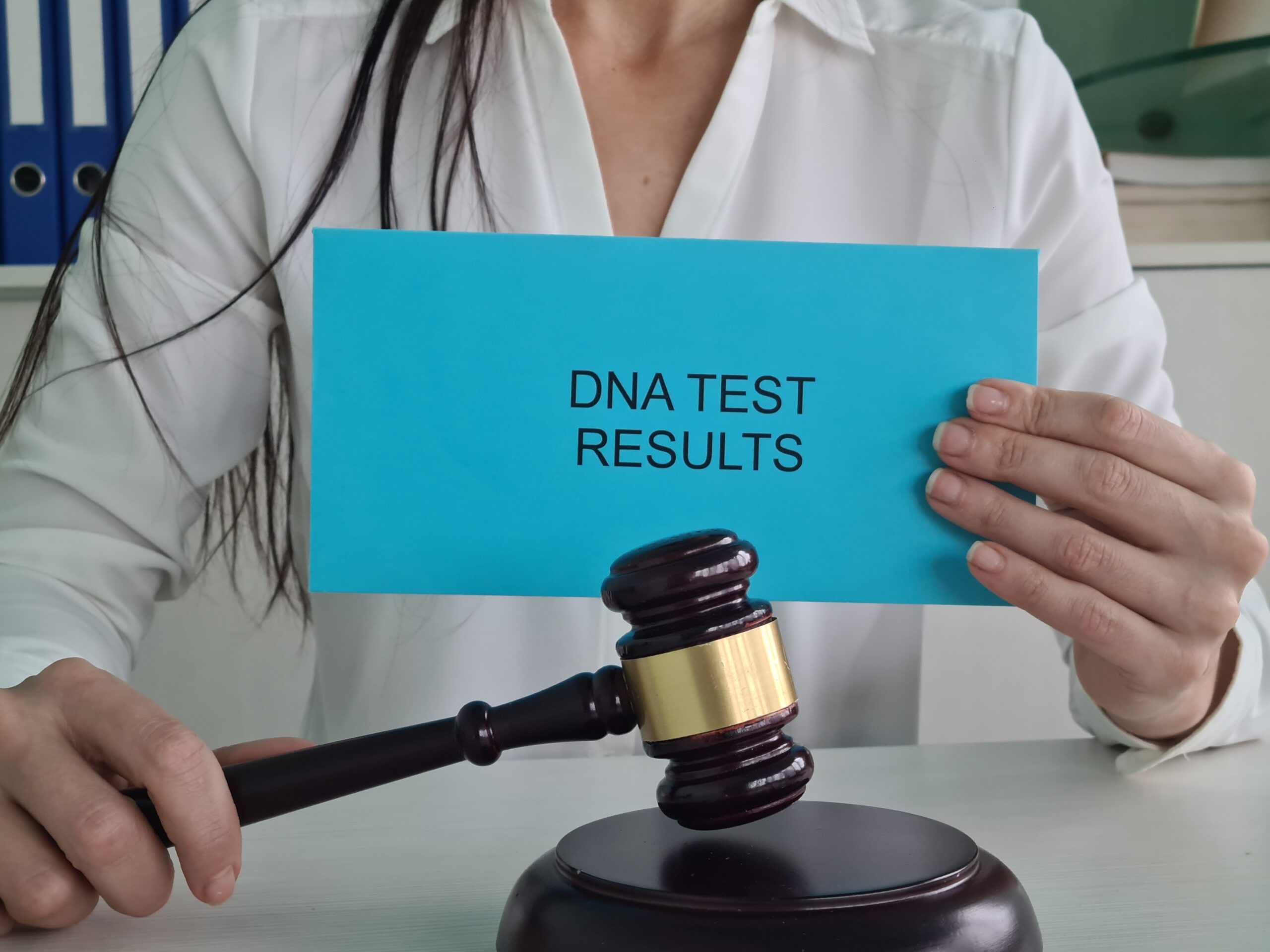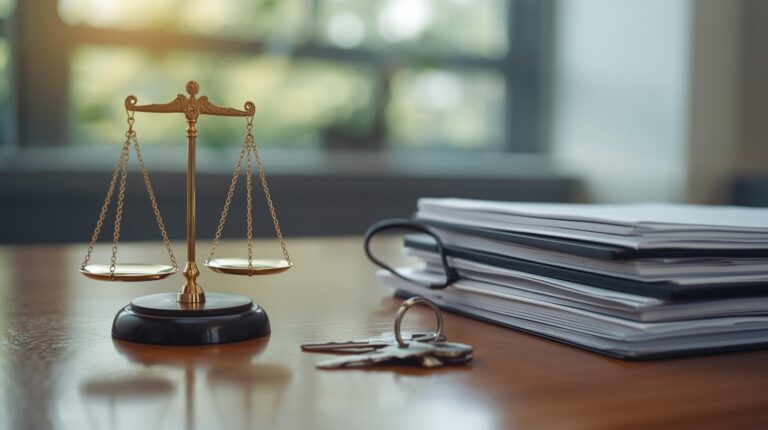Providing a DNA Sample
A DNA sample is a sample taken of blood, hair, saliva or a scraping from the mouth, this is taken to obtain a DNA profile. In the Crimes Act 1958, it allows police officers to collect a DNA sample from an accused.
When can a sample be taken by Police?
In Victoria, a police officer can ask for a DNA profile sample from an adult whom:
- Has been charged with an indictable offence;
- Is suspected of committing or attempting to commit an indictable offence;
- Has been summonsed over a charge for an indictable offence:
Police have the liberty to take a DNA from a child over 15 whom:
- Is suspected of having committed an indictable offence listed in schedule 9 of the act such as; child homicide, murder, manslaughter, treason and causing serious injury; or
- Has been charged with such an offence; or
- Has been summonsed to answer to a charge for such an offence.
In the Crimes act, s55 states, the police may only request a DNA sample if the office is satisfied that the taking of the sample is justified in all circumstances.
Police will need to inform the person providing the sample:
- Why the sample is required;
- Procedure for collecting it;
- Offence the person is suspected of committing, or has been charged with, or the charge they have been summonsed to answer;
- That the sample could produce evidence to be used in a court;
- The sample will be destroyed after 12 months if the person hasn’t been charged with an offence;
- The DNA will be stored on a DNA database and could be used in a criminal investigation;
- The person can refuse to give a sample, and if they do, a senior officer can authorize the sample to be taken.
The consent of this information and the person’s response must be recorder by audio recording or audio-visual recording, or in writing signed by the person.
Do police need consent for a DNA sample?
In Victoria the legislation provides that the police may take DNA samples either with the person’s consent or with the authorization of a senior police officer. If an accused person or the person doesn’t consent, a senior police officer may still authorize the taking of a DNA sample in a matter that they aren’t involved in investigating.
Prior to this, the senior officer must allow an opportunity for the person, their parent, or their lawyer to advise the senior officer of any reason why the DNA sample shouldn’t be taken.
Sex offenders
In Victoria, a police officer can direct that a DNA sample be obtained at any time from a “registrable offender” which is a person who has been sentenced at any time for a sexual crime against a child, if police don’t have a sample from the offender which can be retained indefinitely. A warrant can be issued for non-compliance of a DNA sample.
Process for obtaining a DNA Sample?
When taking DNA samples from a child, it must be done in the presence of a parent or guardian and if no parent or guardian can be located, in the presence of an independent person.
The taking of a DNA sample from an adult, the police officer will have authorization from the Chief Commissioner of Police, to supervise the taking of scrapings from the mouth, this must be done in the least intrusive and the least painful way practicable.
What happens to the DNA?
Once a DNA sample has been taken from a person, the person or their lawyer must be sent a copy of any forensic report obtained. DNA profile are then stored in a database and compared to samples of DNA found at the crime scene.
Police officers must destroy a person’s DNA sample in the event:
- 12 months have passed after the taking of the sample and the person has not been charged with a relevant offence;
- The person was charged but the charged didn’t procced with or the person was found not guilty (e.g. by reason of mental impairment).
Although, a court order can be executed extending the period the sample can be retained on the police’s file.
In the event a police officer fails or uses a DNA sample after it is required to be destroyed, they are guilty of an offence punishable by imprisonment for one year or a fine of 120 penalty units.
Need to speak with a lawyer?
Our experienced lawyers are here to help you understand your legal rights and options. Contact us for a confidential discussion about your situation.


















